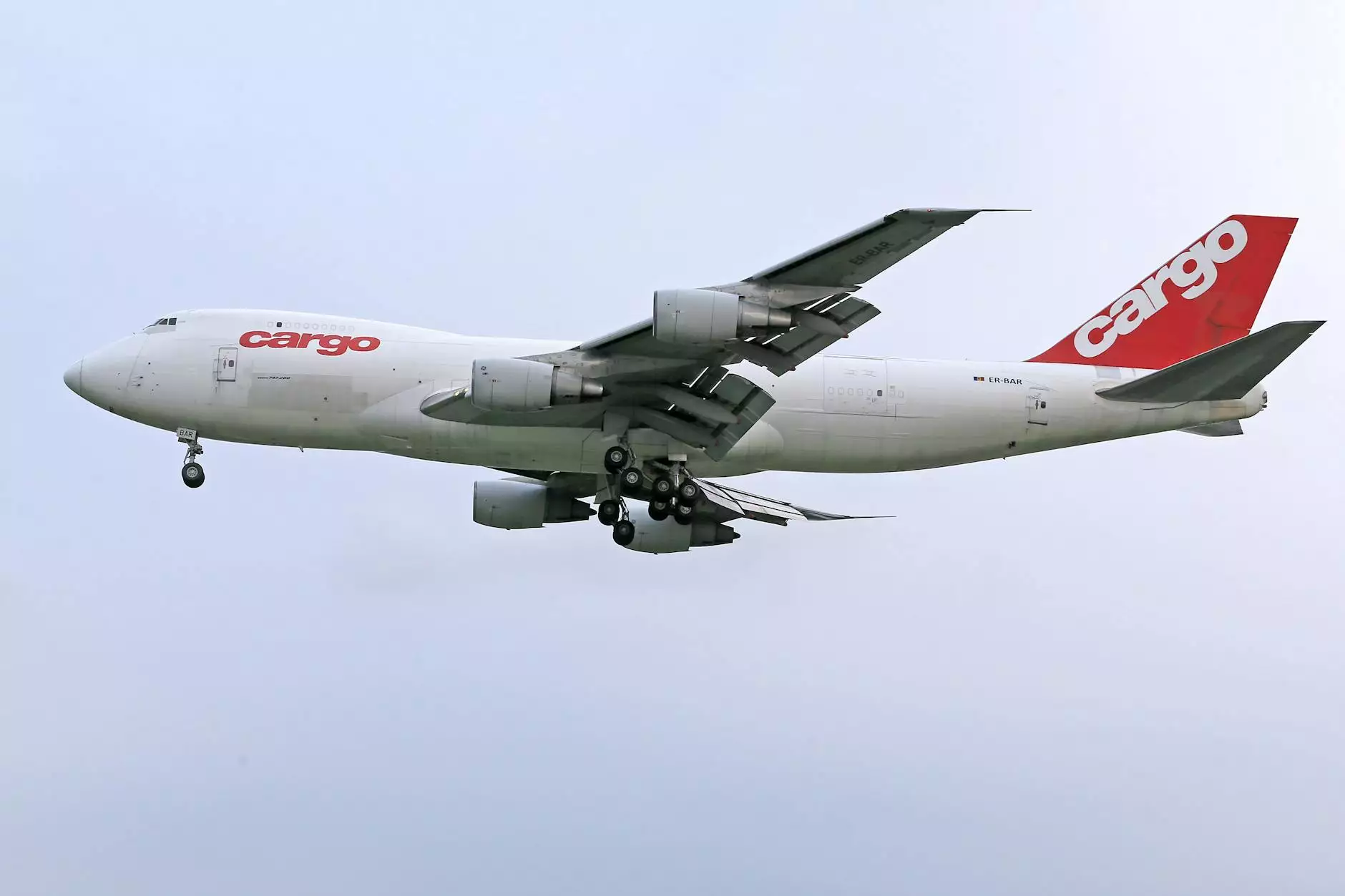Understanding Air Freight Cost: A Comprehensive Guide for Businesses

In the fast-paced world of logistics and transportation, understanding air freight cost is essential for businesses aiming to streamline operations and optimize supply chains. As globalization accelerates trade, the need for efficient shipping solutions has never been more critical. This article delves into the intricacies of air freight costs, unpacking the factors that affect them and offering strategies to manage expenses effectively.
What is Air Freight?
Air freight refers to the shipment of goods via air transport. It is one of the fastest methods of moving products over long distances, making it a preferred choice for businesses that need to meet tight deadlines. Unlike sea or land freight, air freight allows for rapid delivery, ensuring that time-sensitive shipments arrive at their destinations promptly.
Factors Influencing Air Freight Costs
The cost of air freight is influenced by a multitude of factors. Understanding these aspects can help businesses make informed decisions regarding their shipping strategies. Below are the primary factors that contribute to air freight costs:
1. Weight and Volume
Air freight charges are typically calculated based on either the actual weight or the volumetric weight of the shipment, whichever is greater. Volumetric weight is calculated using the dimensions of the packaging, and it's crucial for businesses to optimize their packaging to reduce costs.
2. Distance
The distance between the origin and destination significantly impacts shipping costs. Longer distances generally result in higher freight charges due to increased fuel consumption and other logistics considerations.
3. Type of Goods
Certain commodities, such as hazardous materials or perishables, may incur additional fees. Specialized handling requirements lead to higher air freight costs due to increased risks and regulatory compliance.
4. Seasonality
Demand for air freight can vary seasonally, particularly around holidays or peak shopping seasons. During high-demand periods, costs may rise due to limited capacity and increased competition for space. For example:
- Peak retail seasons (holiday shopping).
- Increased demand during certain festivals or events.
5. Airline and Service Provider
Different airlines and logistics providers offer varying rates and services. It's worth researching and comparing options to find the best balance of cost and reliability. Some factors to consider include:
- Service quality
- Transit times
- Insurance options
- Add-on services (tracking, handling, etc.)
6. Currency Fluctuations
International air freight costs can be affected by changes in currency exchange rates. Businesses operating across borders need to stay informed about financial fluctuations that can impact their overall shipping expenses.
7. Airport Fees and Taxes
Airports may charge fees associated with landing, parking, and handling cargo, which can be passed on to customers. Understanding the specific fees at both origin and destination airports can help businesses anticipate costs better.
Calculating Air Freight Costs
Calculating air freight costs involves several steps. Here’s a simplified approach:
- Determine the weight and volume: Measure your cargo and calculate its actual and volumetric weight.
- Research air freight rates: Consult airlines or freight forwarders for their current rates.
- Account for additional fees: Include any applicable fuel surcharges, handling fees, and taxes.
- Calculate total costs: Sum all expenses for a clear picture of total air freight costs.
Strategies to Reduce Air Freight Costs
Businesses can adopt several strategies to minimize air freight costs without compromising on service quality:
1. Consolidate Shipments
Combining multiple smaller shipments into one larger shipment can lead to significant savings. This not only optimizes space but also reduces the per-unit cost of shipping.
2. Plan Ahead
Booking flights in advance can often secure better rates. Late bookings tend to be more expensive, so planning shipping schedules can help manage costs effectively.
3. Choose the Right Carrier
Different carriers offer varying rates and services. Choose a carrier whose service model aligns with your shipping needs while offering competitive pricing.
4. Utilize Freight Forwarders
Freight forwarders can negotiate better rates due to their relationships with carriers. They can also provide additional services that may save time and money.
5. Optimize Packaging
Using appropriate and efficient packaging can minimize the volumetric weight of shipments, leading to lower costs. Consider using lightweight materials while still protecting the contents adequately.
Industry Trends Affecting Air Freight Costs
The air freight industry is constantly evolving, influenced by technological advancements and market demands. Here are some trends currently shaping the landscape of air freight costs:
1. Sustainability Initiatives
With growing emphasis on environmental responsibility, many airlines are investing in more fuel-efficient aircraft and sustainable practices, which can eventually affect pricing structures as costs are redistributed or offset.
2. Digital Transformation
Technological innovations such as real-time tracking, automated booking systems, and intelligent logistics platforms are enhancing transparency and efficiency in the air freight industry. This can lead to better pricing models.
3. E-commerce Growth
The surge in e-commerce has increased the demand for air freight, particularly for last-mile delivery. As more businesses turn to air shipping for rapid delivery, this could lead to fluctuating prices driven by market demand.
Conclusion
Understanding air freight cost is crucial for businesses that rely on efficient logistics to drive their operations. By considering the various factors that affect pricing and implementing cost-saving strategies, companies can better manage their logistics needs. Staying informed about industry trends will also equip businesses with the knowledge necessary to navigate the complexities of air freight in a competitive market.
At CargoBooking.aero, we are dedicated to providing the best solutions for your shipping needs. Whether you’re seeking to reduce costs or enhance delivery speeds, our comprehensive services in the realms of Shipping Centers, Transportation, and Airports ensure you receive exceptional value and reliability.



